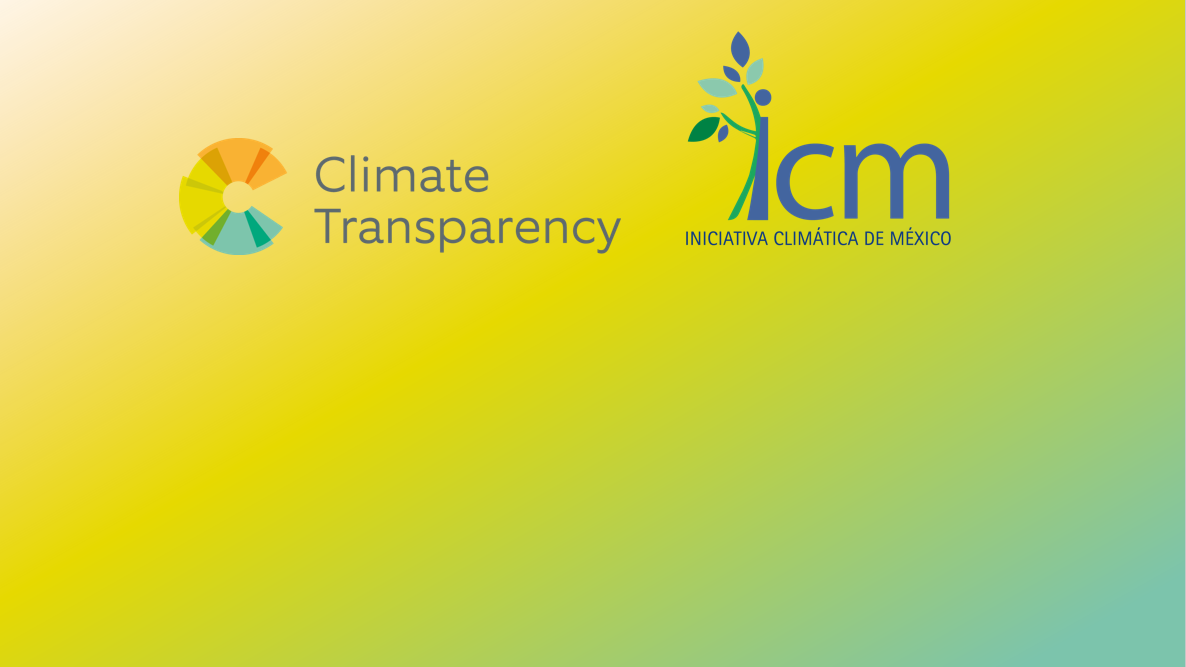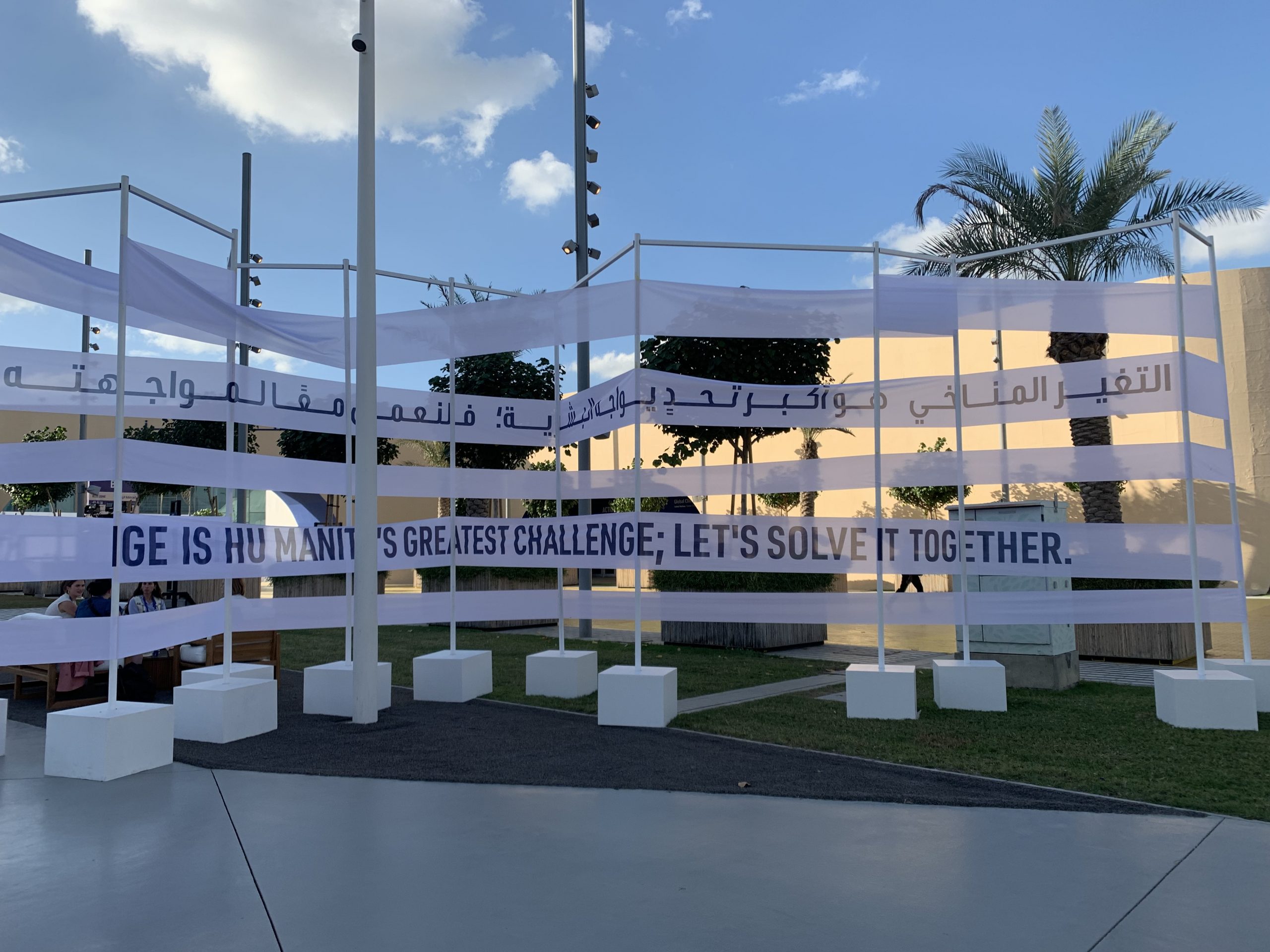The Global Stocktake is clear: All countries need to raise their ambition to curb their emissions effectively, to a degree that is fair to their development status.
But ambitious targets are not sufficient on their own – policies need to be in place and be implemented effectively. Climate Transparency’s new Climate Policy Implementation Check has been designed to assess, rate, and monitor the implementation status of policy instruments along four categories: legal status, institutions & governance, resourcing, and oversight.
Facilitated by the Climate Emergency Collaboration Group, we analyse the implementation of a variety climate policies in the power sector of India, South Africa, Indonesia, Colombia, and Germany.
Ahead of COP28, we have discussed possibilities and implications for international cooperation to effectively implement the energy transition away from coal and towards a renewable energy future. With their strong interlinkages in coal production and consumption, the countries we analyse exemplify the possibilities and challenges of successful transformations, and they will be key to the debate on how to change long-standing international relationships from brown to green.
Implementing the Energy Transition:
Policies in Colombia, Germany, India, Indonesia and South Africa
23 November 2023 (Thursday)
14:00-15:30 CET
Agenda:
- Selected Energy Transition Policies in India, South Africa, Indonesia, Colombia, and Germany: Implementation status and outlook
- International implications of domestic energy transitions
- Lessons learned from country examples: Which successes can be transferred? What are challenges other countries should be aware of?
- How can international cooperation (finance, technology, capacities) help to overcome domestic barriers?
Panelists:
- Givanni Pabón (Transforma, Colombia)
- Johanna Meier (German Energy Agency (dena), Germany)
- Tanvi Khurana (TERI, India)
- Akbar Bagaskara (IESR, Indonesia)
- Guy Cunliffe (University of Capetown, South Africa)
Moderation: Julia Horn (Berlin Governance Platform – Int. Sec of Climate Transparency)





